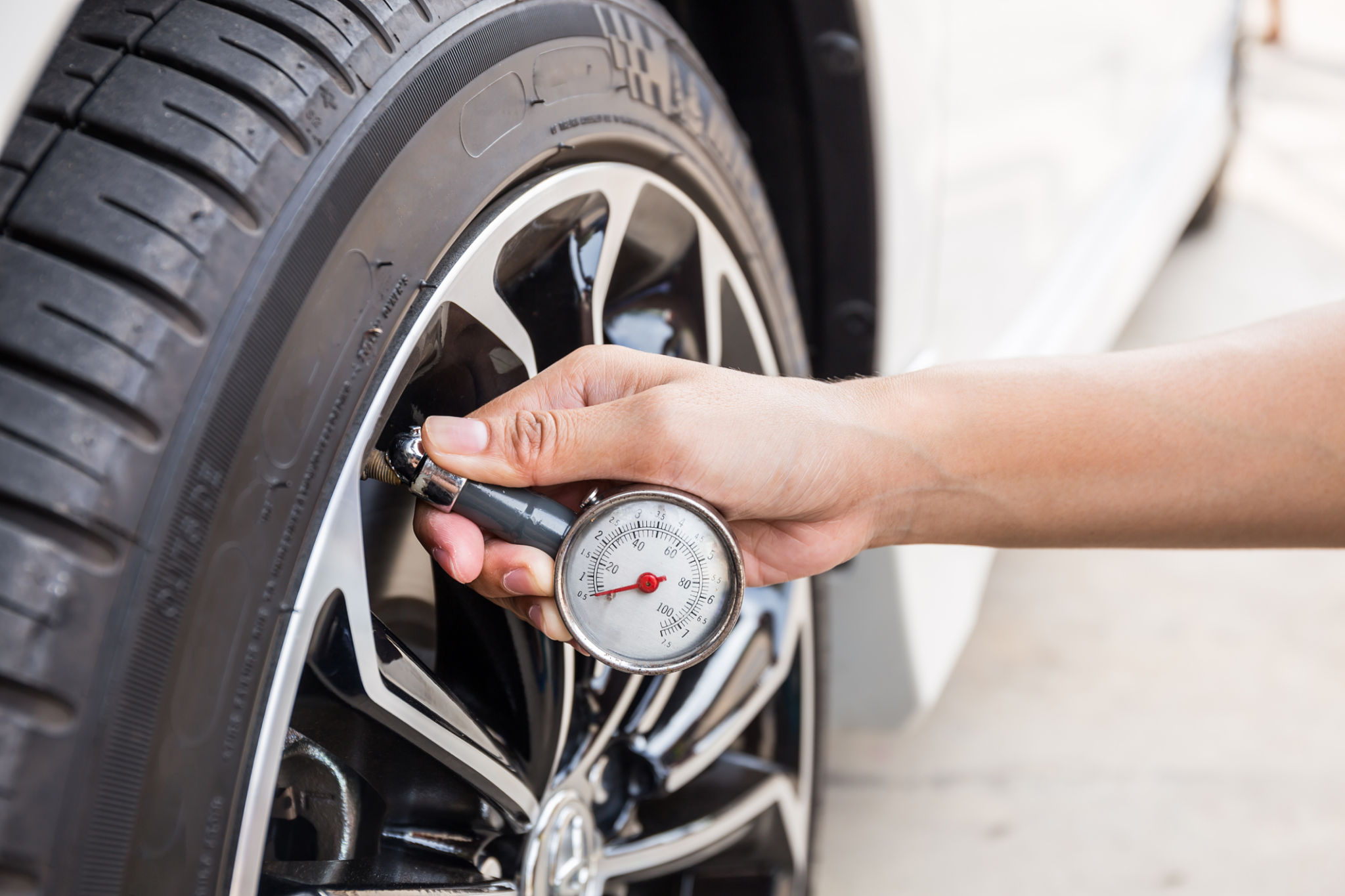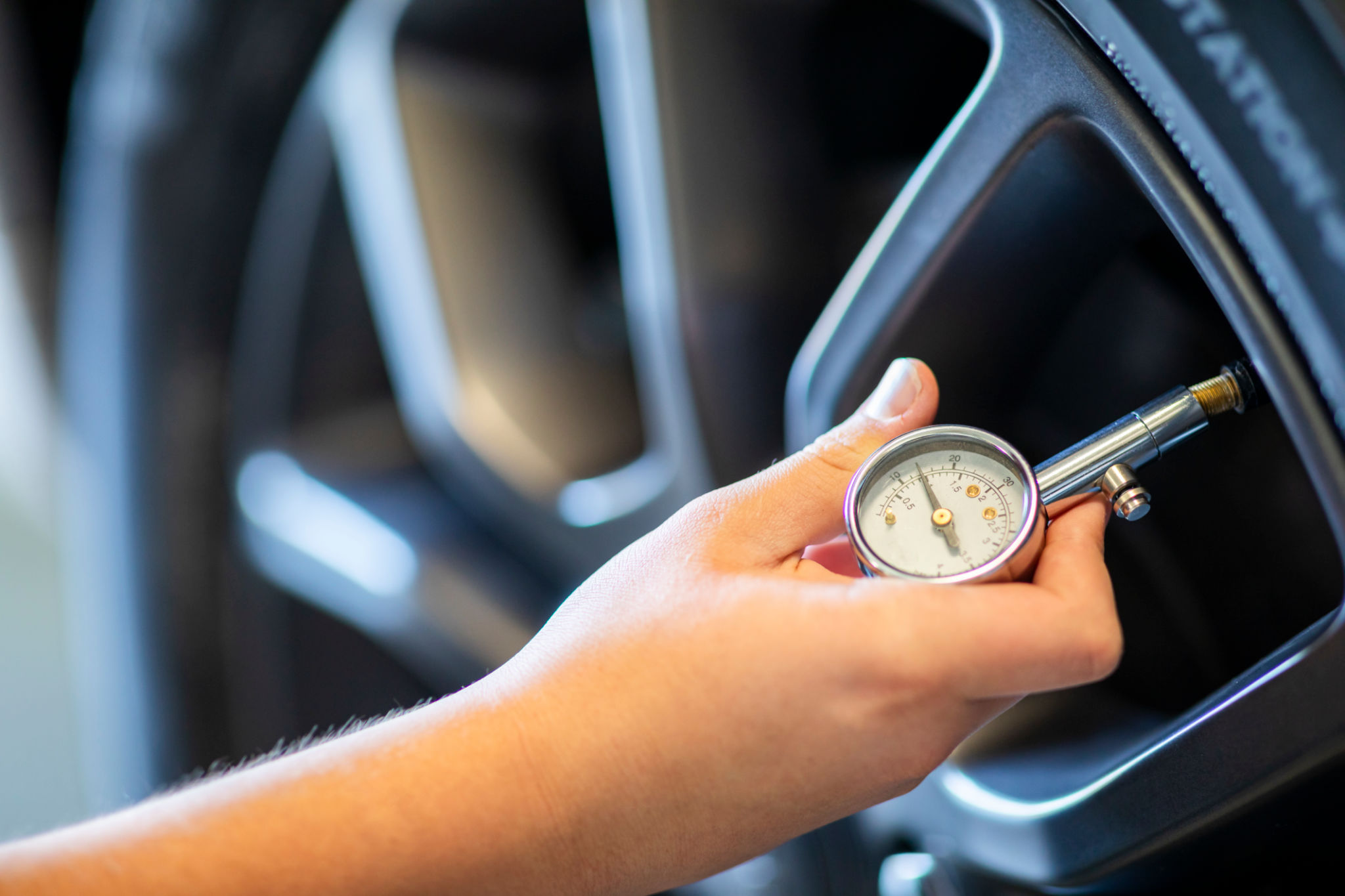Common Tire Myths Debunked: Expert Insights from Rebel Wheels
Understanding Tire Longevity
One of the most pervasive myths in the automotive world is that tires can last indefinitely if they aren't visibly worn out. However, this is far from the truth. Tires are made from materials that degrade over time, even if the tread appears intact. Experts at Rebel Wheels recommend replacing tires every six years, regardless of tread wear, to ensure safety.
Environmental factors such as sun exposure, temperature fluctuations, and humidity can accelerate tire degradation. Regular inspections for cracks and sidewall damage are crucial in extending tire life and maintaining optimal performance.

All-Season Tires Are Perfect for Every Condition
Another common misconception is that all-season tires are the ultimate solution for any weather condition. While they offer a balanced performance in various environments, they might not be suitable for extreme weather conditions. For instance, dedicated winter tires provide superior grip on icy or snowy roads, while summer tires offer better performance on hot pavement.
To ensure maximum safety and efficiency, it's essential to select tires specifically designed for the prevalent conditions in your region. Consulting with tire experts can help you make an informed decision tailored to your driving needs.

Higher Tire Pressure Equals Better Performance
Many drivers mistakenly believe that over-inflating tires can improve fuel efficiency and handling. In reality, excessive tire pressure can lead to uneven tread wear, reduced traction, and a harsher ride. Conversely, under-inflated tires can increase rolling resistance and fuel consumption.
Maintaining the manufacturer's recommended tire pressure is vital for optimal performance and safety. Regularly checking tire pressure, especially before long trips, can prevent potential issues and enhance driving comfort.

Tire Rotation Is Unnecessary
Some car owners think that tire rotation is an optional service. However, neglecting this essential maintenance task can lead to uneven tread wear and shorten the lifespan of your tires. Rotating your tires regularly helps maintain even wear patterns, ensuring that all tires wear out at the same rate.
Rebel Wheels suggests rotating your tires every 5,000 to 7,500 miles or following your vehicle's specific guidelines. This practice not only extends the life of your tires but also enhances overall vehicle performance.
New Tires Don't Need Balancing
The belief that new tires don't require balancing is another myth we frequently encounter. Even brand-new tires can have slight weight imbalances that affect ride quality and handling. Unbalanced tires can lead to vibrations and uneven tread wear over time.
Tire balancing is a critical step in tire installation that ensures a smooth ride and prolongs tire life. It is advisable to balance your tires whenever new ones are installed or if you experience any vibration while driving.

Conclusion
Understanding the realities of tire maintenance and performance can significantly impact your vehicle's safety and efficiency. By debunking these common myths, we hope to empower drivers with the knowledge needed to make informed decisions about their tires. For personalized advice and expert insights, don't hesitate to reach out to the professionals at Rebel Wheels.